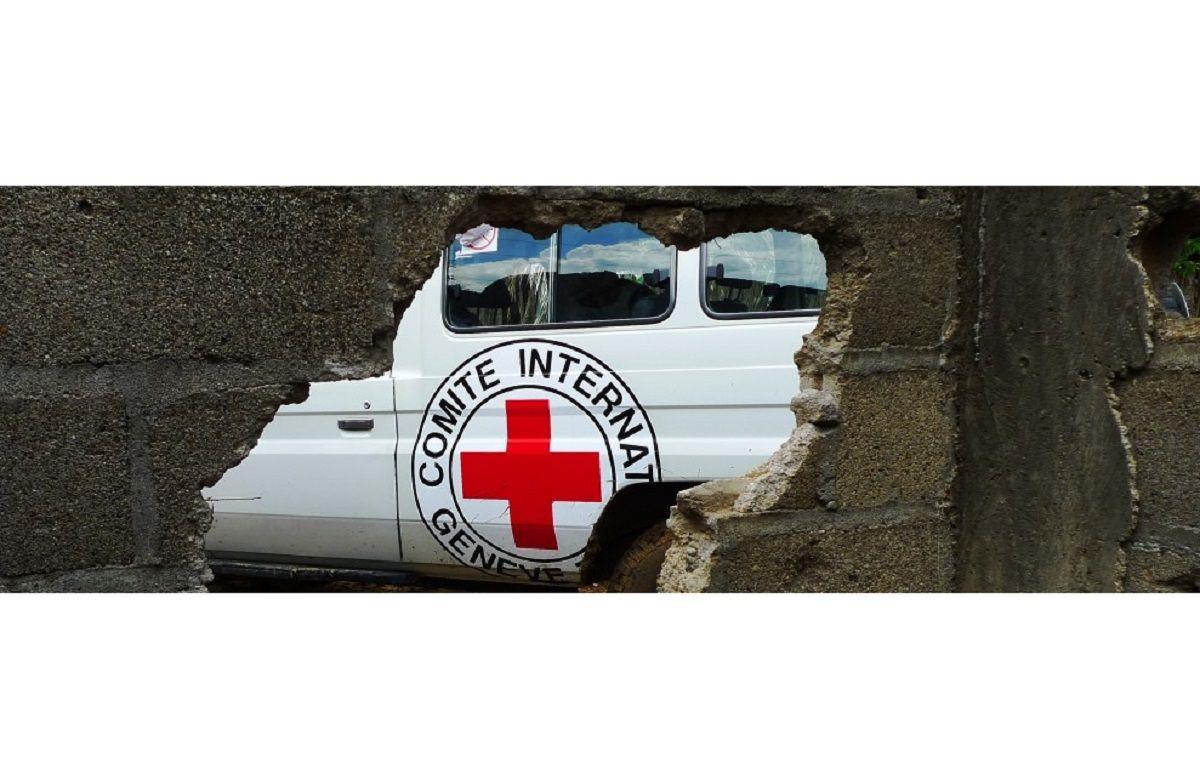(MENAFN- AzerNews)

Qabil Ashirov read more As is known, every year millions of dollars are transferred to
NGOs, independent, neutral organisations through donor
organizations, governments, and donations from ordinary people to
fight with different difficulties that people encounter throughout
the world. However, in return for these donations, the results of
the activities of NGOs do not meet expectations, and here poses a
question - why?
A book written by Graham Hancock provides the answer to this
question with one phrase - the Lords of Poverty. The book sheds
light on the inefficient activities of NGOs, the money frittered
away by the employees of NGOs, and how the employees use dire
situations around the world to draw water to their own mills.
Besides the book, there are thousands of articles, documentary
footage, and investigations that criticize the activities of not
only NGOs but independent organisations that are operated neutrally
in conflict-affected areas. Any person working in such
organisations can make out very soon that the employees of them are
made up of people who cannot sell their capabilities, so these
people consider their organisation as their shrines and
unequivocally accept the organisation's dogmas.
So, smuggling forbidden products through the Lachin border
checkpoint by the International Committee of the Red Cross (ICRC)
can confuse many naive ones in the West but not Azerbaijanis,
because it is not the first time that ICRC frustrates Azerbaijanis.
At the beginning of the 1990s, when international organizations
including IRC stepped into Azerbaijan first time, the expectations
of Azerbaijanis from the organizations were big. At that time,
Azerbaijan had just got its independence, and simultaneously
Armenia attacked the country. The newly independent country tried
to cope with several problems such as economic crisis, refugees,
and so on. At that time, many in Azerbaijan believed that those
organizations would do something to restore peace and dignity in
the region. However, later it found out that all these
organizations are good for nothing. Only filling their pockets was
on their real agenda. Strictly speaking, these organizations
neither solved the occupation, nor the fate of refugees living
through many ordeals.
Take the fate of missing Azerbaijanis during the first Karabakh
War, for example. According to the official reports, about 4,354
people have gone missing. Firudun Sadigov, head of the Working
Group of the State Commission of the Republic of Azerbaijan on
Prisoners of War, Hostages, and Missing Persons, says at the end of
2008, the fate of about 170 people was clarified and it became
clear that they were alive. They were from Shusha, and its
surrounding villages, Kalbajar, and Lachin. In general, from 2004
to 2008, the fate of about 800 people was determined. Some were
dead, while their burial places were identified. Regarding the
issue, the Azerbaijani side appealed the Red Cross several times,
but no answer has been provided so far by the organization. ICRC
proved to be a paper tiger in the issue. After the 44-day war,
several mass graves were found in the liberated territories,
including Edilli village of Khojavand districts .
Besides, during the first Karabakh War, the employees of the Red
Cross met with 54 POWs. At that time they were alive and they were
illegally imprisoned by the Armenian side. The family of these
people believed and expected that the Armenian side would release
them because the world-famous humanitarian organization ICRC met
with them and nobody would dare to touch them. But later, it found
out that all of them were killed. Azerbaijan managed to get only
the corpses of 17 of them.
Moreover, despite the ICRC created the DNA database in 2014, it
did not do any good for the work of our missing Azerbaijan. This is
an indication of the ICRC's indifferent approach to the fate of the
missing Azerbaijanis.
During Armenia's military aggression against Azerbaijan, Armenia
grossly violated many international legal norms. Civilians were
taken hostages and in many cases, they were killed. After
unimaginable tortures were given to captives and hostages, they
were killed and their bodies were not even presented to the
Azerbaijani side in order to remove the traces of torture. The
Armenian side has been reluctant to cooperate in finding the
missing Azerbaijani citizens.
All of the above mentioned proved to be that all organizations
including ICRC in Azerbaijan are paper tigers. Unfortunately, paper
tiger, i.e. the relevant international organisation do not comply
with their duties and cannot reassure Armenia to cooperate.
---
Qabil Ashirov is AzerNews' staff journalist, follow him on
Twitter: @g_ashirov




















Comments
No comment